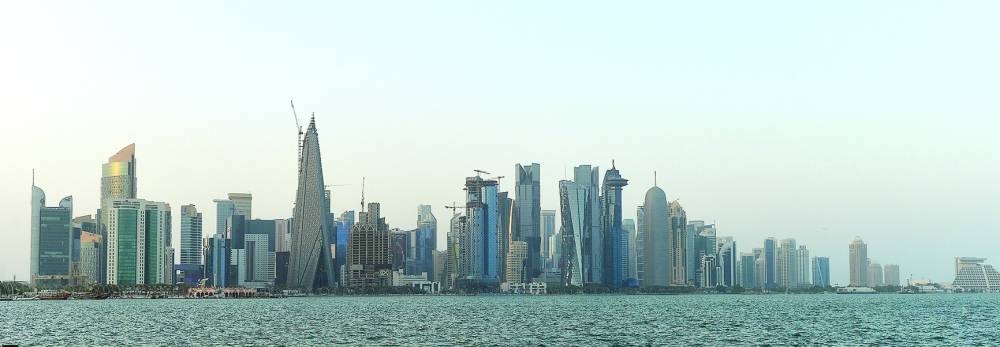A long-term residency with incentives could go a long way in further enhancing Qatar's attractiveness in the labour market, said a report from an international consultancy firm, PricewaterhouseCoopers (PwC).
"By offering a long-term residency with incentives to increase the ‘stickiness of the population’, similar to the golden visa approach adopted in recent years by some neighbouring Gulf countries, Qatar may further increase its attractiveness," PwC said in its report.
Expats are eligible to apply for a permanent residency in Qatar by purchasing $200,000 worth of real estate property in the country, as per Law No. 16 of 2018 on the regulation of non-Qatari ownership and use of real estate. Free hold ownership for non-Qatar nationals is permitted in certain areas.
PwC also said Qatar may consider a proactive approach towards labour reform to capitalise on the momentum brought on by the FIFA World Cup and upcoming AFC Asian Cup to continue boosting Qatar’s public image as a nation dedicated to improving migrant workers’ rights and conditions.
Well before Doha was awarded the hosting of the FIFA World Cup, the Qatar National Vision 2030 laid out the country's aspiration to improve the conditions of migrant workers.
The International Labour Organisation (ILO) attests that the “kafala” sponsorship system has been abolished, with the ending of practices such as no-objection certificates and employer-granted exit permits.
In addition, Qatar was the first GCC country to introduce a non-discriminatory minimum wage law, set at QR1,000 per month, on top of QR800 for accommodation and food. Furthermore, heat stress protection regulations have been introduced to limit outdoor work in high temperatures and provide workers with heat stress training, personal protective equipment and annual health checks.
The inauguration of the ILO project office in Qatar in 2018 further reflects Qatar’s earnest commitment to improve labour practices and address criticisms it has received in the past.
"The 2023 outlook for Qatar and the GCC region appears more upbeat in comparison to the rest of the world," the report said.
PwC said investing in skills development among the national workforce, supported by the new laws and regulations, should remain at the top of the agenda in order to reach the ambitions of the Qatar National Vision 2030.


